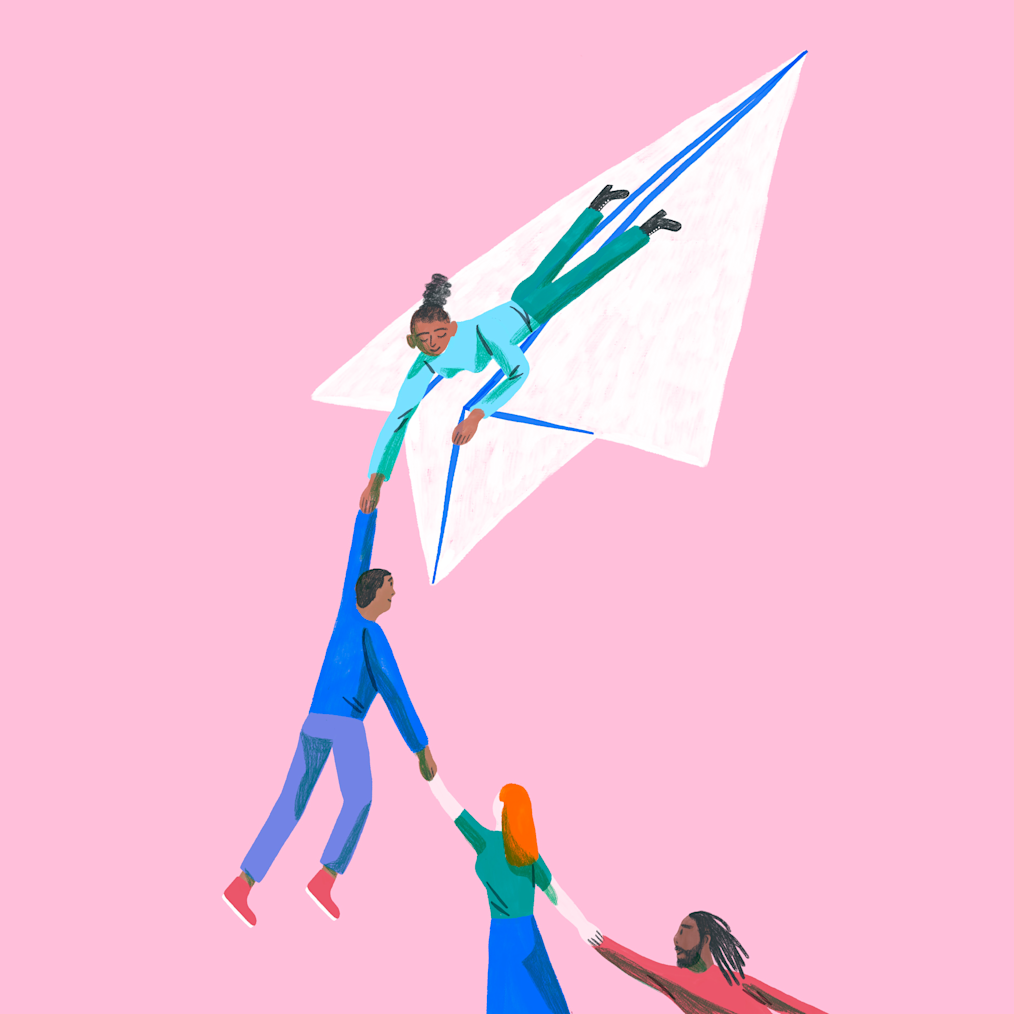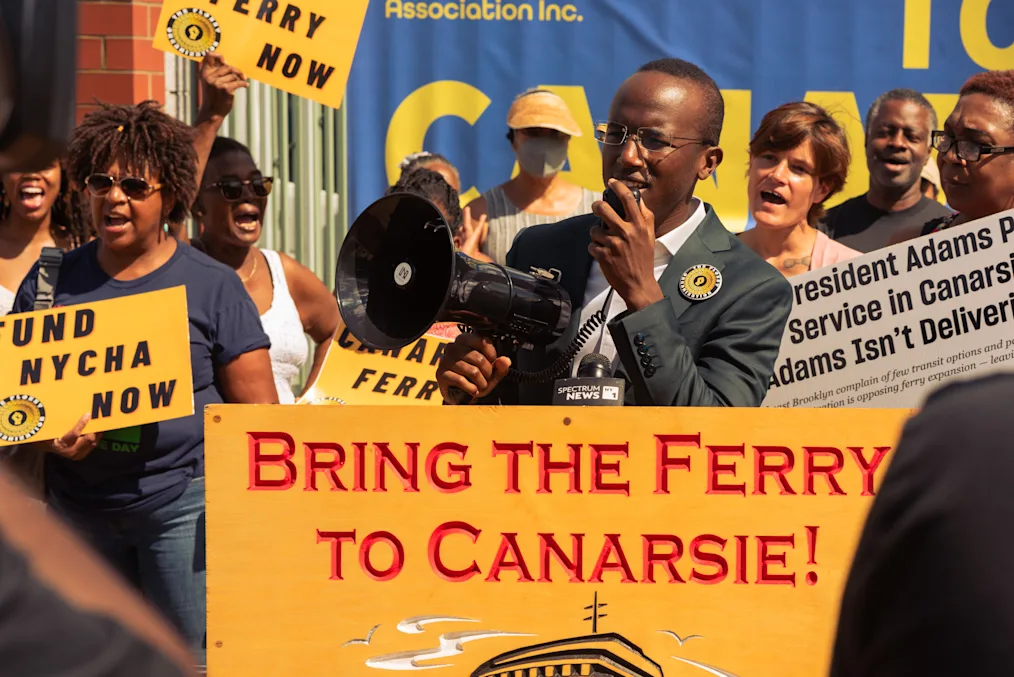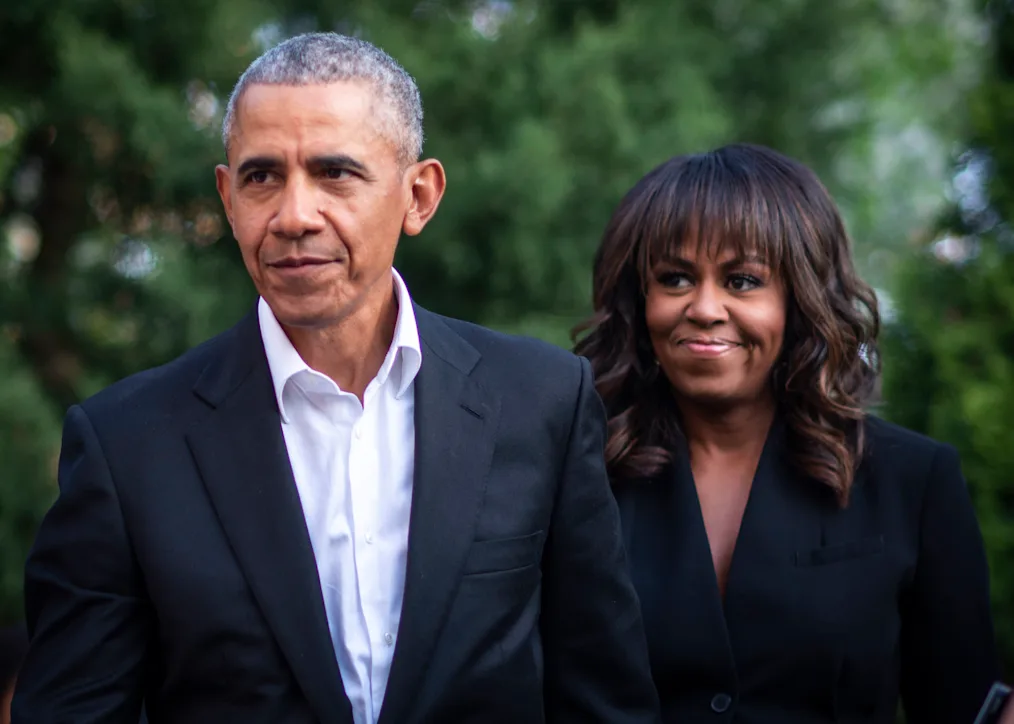Note: This story contains themes related to mental health struggles, including implied suicidal thoughts.
When William Smith-Stubbs was just 12 years old, the crushing weight of isolation in a new town nearly cost him his life. Today, William is rewriting the narrative around mental health and masculinity. His story isn’t just about survival—it’s about transformation and the power of being seen.
As a 2019 graduate of The Obama Foundation Leaders Asia-Pacific program, William used his personal story to fuel a broader movement for mental health awareness and societal change. In 2011, he co-launched the Soften the F Up campaign, which boldly challenged Australia’s toxic masculinity culture. The campaign spoke directly to young men, urging them to embrace vulnerability over the stoicism traditionally expected of them. As he puts it:
“Why do we create groups that isolate others? Why is polarization so strong? How can we ever solve climate change if we can’t even agree?”
This campaign led to others, including #OldMate, which focused on tackling intergenerational loneliness. William and his team also produced one of the earliest comprehensive research report on online hate, revealing that hate isn't confined to social media—it’s in family chats, neighborhood groups, and sports forums.
“We’re not here to shame anyone,” William emphasizes. “Everyone feels hate sometimes. The challenge is learning how to recognize, regulate, and reframe those thoughts.”
Despite the impact of his initiatives, William’s work has often been challenged by the perception that his approach is too informal. His organization intentionally avoids an academic or overly serious tone. But as William explains, this approach has been a key strength, allowing them to engage people in a relatable and engaging way, making complex issues accessible to a wide audience.
Frustrated by limited funding, William found a new model for change. In 2014, he founded a nonprofit and launched Mettlesome, a social impact studio partially owned by the nonprofit. He also developed Dala, an AI-powered personal assistant designed to help people identify habits that improve mental health.
One of their most creative successes has been The Parley—a conversation debate series that pairs researchers with comedians to tackle hot-button topics like cancel culture.
“86% of attendees said they were better able to empathize with opposing views afterward. That’s the kind of shift we need.”
He participated in The Obama Foundation’s 2024 Democracy Forum, as an active member of the Obama Leadership Network program alumni community, and this marked another transformative point in William’s journey. He described moments of impostor syndrome standing beside globally respected changemakers, but he says he also gained the confidence to pursue even more ambitious goals. Around the same time, his work was further recognized when the Museum of Sticks and Stones, the nonprofit he co-founded and still currently leads, was nominated for a UNESCO Human Rights Award.
“Even things like being at the Democracy Forum in Chicago in December... being around these other amazing leaders gives you a sense of confidence,” William shared. “One takeaway for me was that our best chance at a brighter future lies in understanding that we are complex individuals, not simple labels. It's vitally important we create the space to see the multitudes within each other.”
By choosing engagement over outrage, humor over hostility, and hope over despair, William embodies The Obama Foundation’s belief that lasting change starts from the ground up, one honest conversation at a time.






